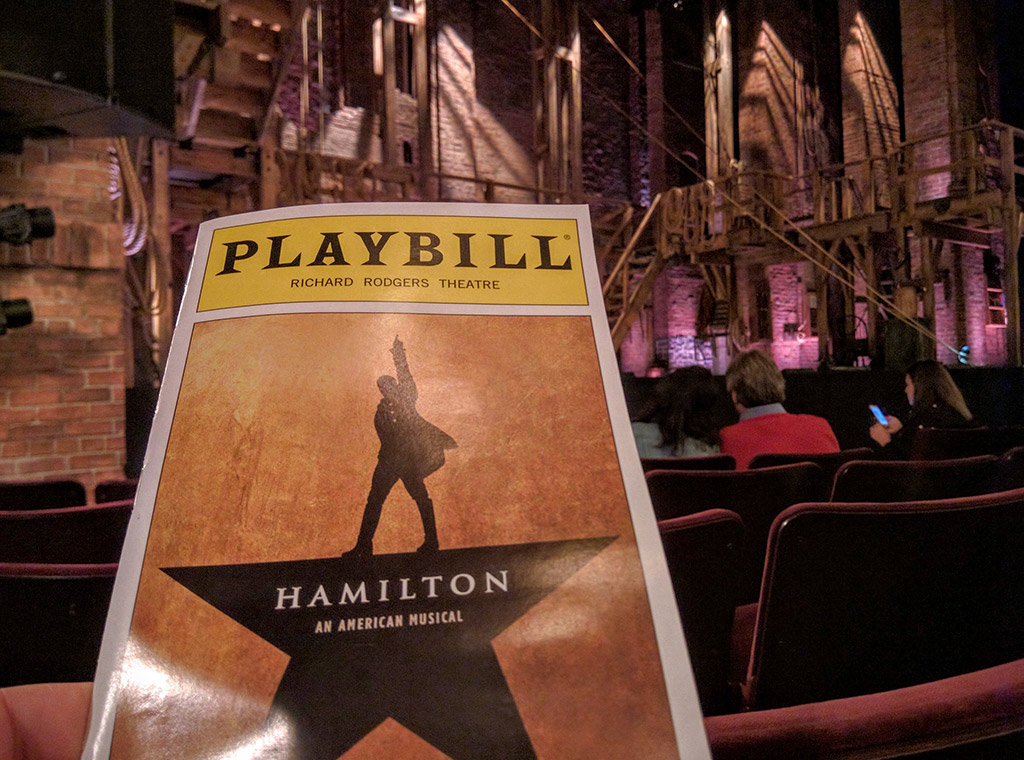
The US had some wise founding fathers, who not only drafted an exemplary constitution that, with major amendments, endures to this day, but also foresaw that country’s rise in the world. Prominent among them was Alexander Hamilton who, while not managing to become President, did become the first Secretary of the Treasury and was one of those most involved in drawing up the constitutional text of 1787 and the Federalist Papers, concerned with defending and explaining it. Hamilton, who was one of the most prolific in this respect, used three Federalist Papers (65, 66 and 67), and several others besides, to elucidate the concept of impeachment as a tool for dismissing a President who had committed ‘treason, bribery, or other high crimes and misdemeanours’, as the Constitution puts it. Reference had been made at the Constitutional Convention to maladministration, but this had seemed excessively vague to James Madison, who thought that it could be turned into a political weapon to be wielded by the legislature against the executive.
As his biographer Ron Chernow argues in a recent article that has had considerable repercussions, Hamilton wanted a strong President, but also feared that an unscrupulous demagogue could seize the office. Hamilton was concerned that someone might emerge with a combination of three vices: ambition, avarice and vanity. As Hamilton himself put it, referring to demagoguery and what we would today call populism, ‘a dangerous ambition more often lurks behind the specious mask of zeal for the rights of the people than under the forbidden appearance of zeal for the firmness and efficiency of government. History will teach us that… of those men who have overturned the liberties of republics, the greatest number have begun their career by paying an obsequious court to the people; commencing demagogues, and ending tyrants’. And he added, ‘if the federal government should overpass the just bounds of its authority and make a tyrannical use of its powers’, the people must ‘take such measures to redress the injury done to the Constitution as the exigency may suggest and prudence justify’. He also observed that ‘caution and investigation are a necessary armour against error and imposition’.
This is not a matter of the President committing an ordinary criminal offence, something that would have to be tried by regular courts once he had left office, since a US President cannot be judged in the normal system while he remains in the White House. Rather, this is a case of a political trial. In his explanation Hamilton went into further detail about the crimes and misdemeanours referred to in the constitution: ‘The subjects of its jurisdiction are those offences which proceed from the misconduct of public men, or, in other words, from the abuse or violation of some public trust. They are of a nature which may with peculiar propriety be denominated POLITICAL, as they relate chiefly to injuries done to the society itself’. And with an insight applicable to the present day, despite the fact that the current party system emerged later, he noted that ‘the prosecution of them, for this reason, will seldom fail to agitate the passions of the whole community, and to divide it into parties more or less friendly or inimical to the accused. In many cases it will connect itself with the pre-existing factions, and will enlist all their animosities, partialities, influences and interest on one side or on the other; and in such cases there will always be the greatest danger that the decision will be regulated more by the comparative strength of parties, than by the real demonstrations of innocence or guilt’. Two-hundred and thirty-one years later this assessment retains its validity and requires little by way of commentary. The division and polarisation of US society is manifest and is becoming more acute as the prospect of impeachment nears.
The decision to invoke the impeachment process is voted in the House of Representatives and it is the Senate (now directly elected, whereas in Hamilton’s day it was chosen by the legislatures of the individual states), under the chairmanship of the Chief Justice (the head of the Supreme Court, but not the other judges, so as not to interfere with the separation of powers) that decides whether or not to dismiss him.
Hamilton has been made even more famous by Lin Manuel-Miranda’s musical, inspired by Ron Chernow’s 800-page biography, mentioned above, which made its debut in 2015: a rhythmic and conceptual marvel, written, sung and danced in rap and hip hop. It can be disconcerting at first because all the actors, including those who play Hamilton himself, Thomas Jefferson and George Washington, are African American and Latinos. It is a faithful portrait of the man who would rise from humble origins to become the first Secretary of the Treasury; he died in 1804 at the age of 57, in a duel with Aaron Burr, who was then the US Vice-President and Hamilton’s rival. Burr is the other character, together with Jefferson, at the heart of the musical.
Mike Pence, at that time the Vice-President elect, went to see Hamilton, An American Musical with his family in November 2016, when he had yet to assume office. And he had to endure booing. At the end of the show an actor addressed him, saying that the cast represented ‘the diverse America who are alarmed and anxious that your new Administration will not protect us, our planet, our children, our parents, or defend us and uphold our inalienable rights’. Pence later said that he had not been offended, but the incident had already prompted some blustering tweets from his soon-to-be boss.
Hamilton, precisely to prevent the possibility of undesirables reaching the republic’s highest office, was the main constitutional architect of the electoral college, the body that elects the President, and that in 2016 acted on the basis of a majority that did not reflect the popular vote majority at a national level. But there is a general acceptance of these rules in the US. That is not the issue.


